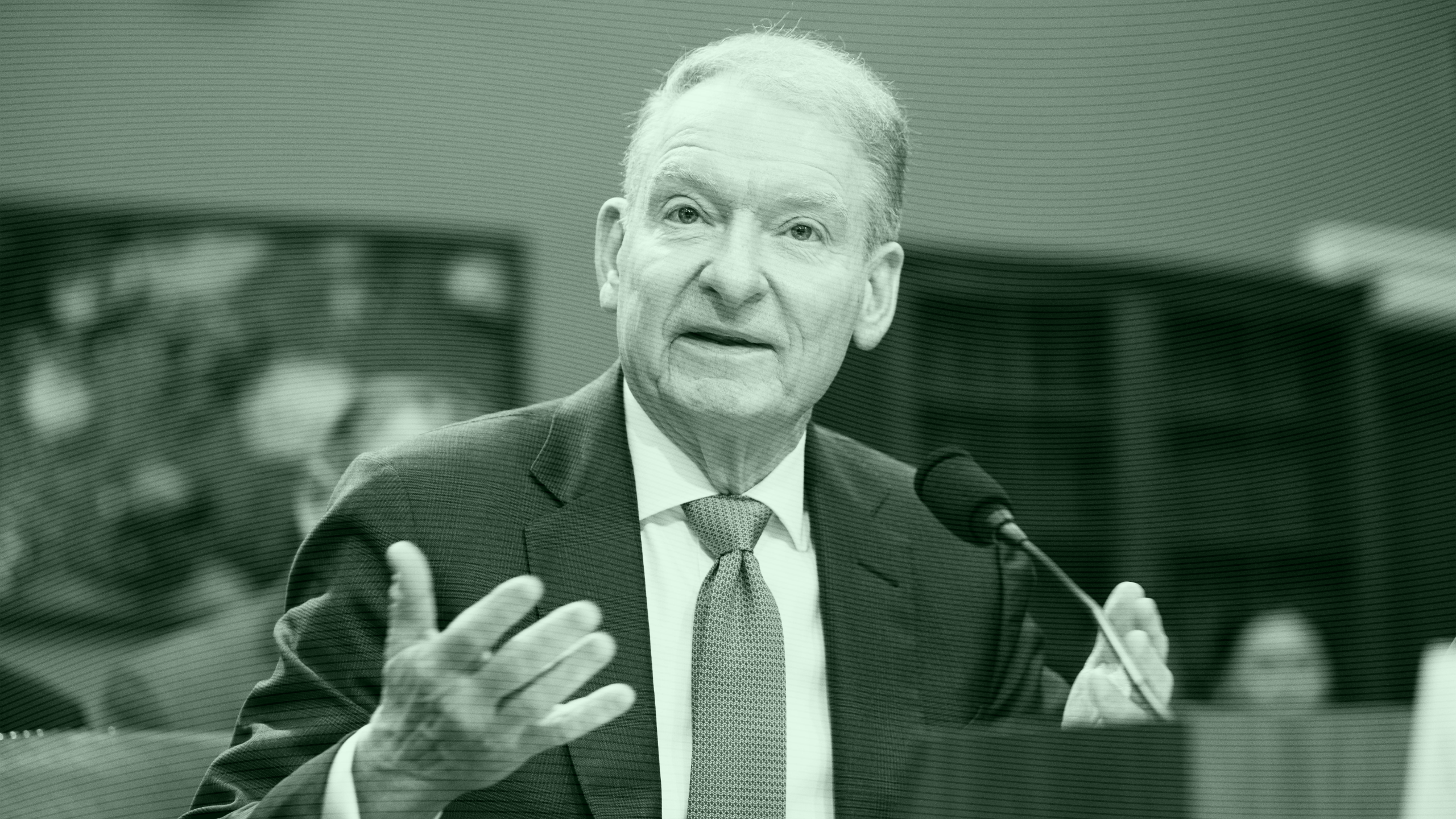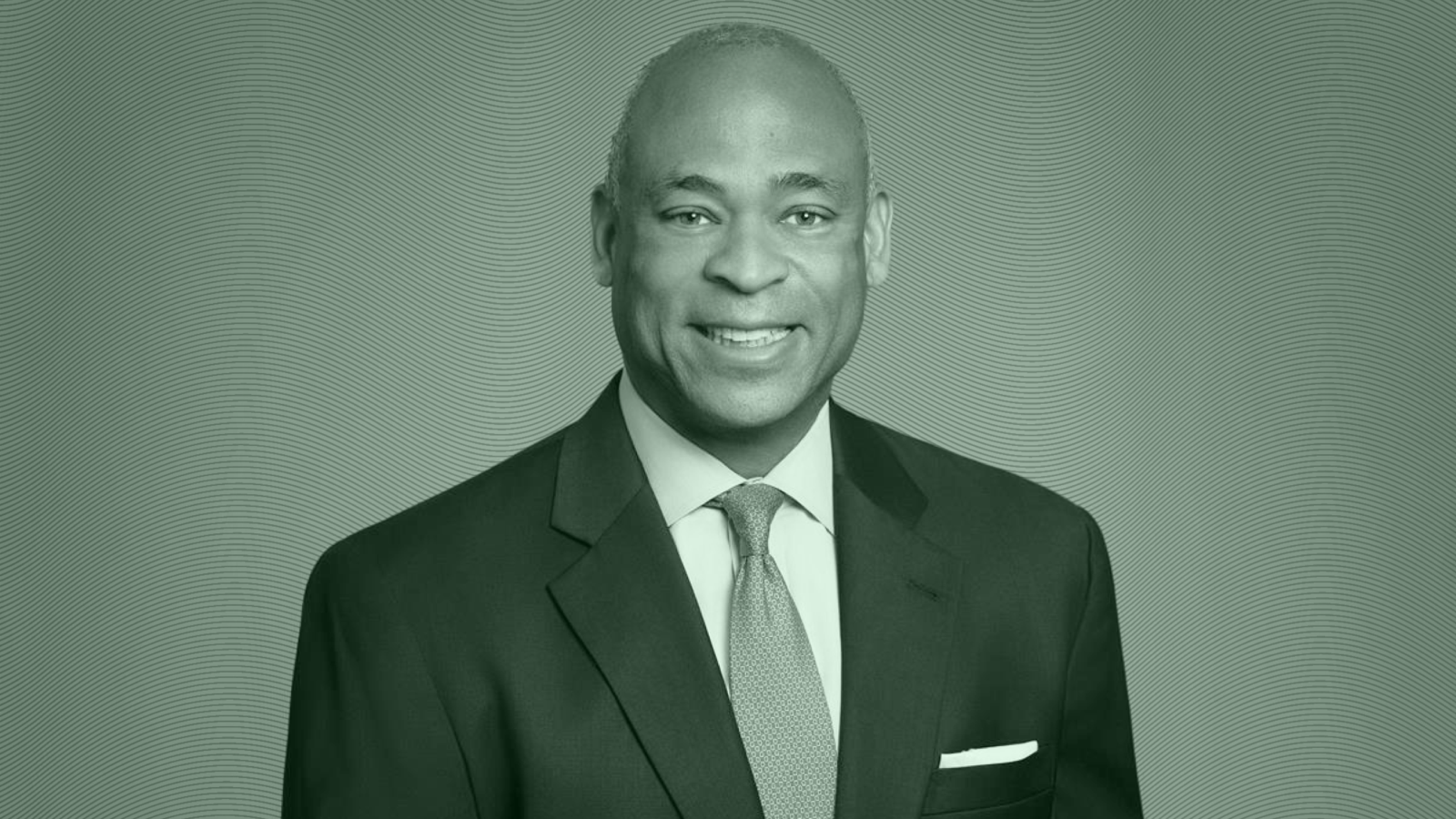What the SEC’s Scrapping of Biden-Era Proposals Means for Advisors
The agency unveiled a series of senior-level appointments while also nixing 14 rules proposed during Gary Gensler’s time in charge.

Sign up for market insights, wealth management practice essentials and industry updates.
The SEC is letting everyone know there’s a new sheriff in town.
The Securities and Exchange Commission withdrew more than a dozen proposals put forth during Biden-era SEC Chair Gary Gensler’s tenure last week. At the same time, the agency announced multiple senior-level appointments that are expected to influence everything from trading oversight to registered investment advisors and product guidance. The moves signify that current Chair Paul Atkins is ready to bring a light regulatory touch back to wealth management and the financial industry as whole.
“This ain’t Gensler’s SEC,” said Bill Singer, a lawyer with more than 40 years’ experience in securities law. “The appointments are in furtherance of deregulation and putting on a more business-friendly and right-wing face.”
Who’s Who?
The SEC named Brian Daly as director of the Division of Investment Management effective July 8. Daly most recently served as a partner at law firm Akin Gump Strauss Hauer & Feld LLP, where he guided advisors on legal and compliance programs as well as operational and trading issues. Additionally, the agency named Jamie Selway as director of the Division of Trading and Markets. A few old faces are returning to the SEC, too:
- Corallium Advisors founder and former Ernst & Young partner Kurt Hohl was named chief accountant effective July 7. He previously served on the SEC from 1989 to 1997.
- Erik Hotmire took over as chief external affairs officer on Monday and previously served as a senior advisor during the George W. Bush administration.
“The expectation was that we were going to get a batch of lightweight political appointees, and we’re not,” Singer told Advisor Upside.
Rules? What Rules? The SEC also withdrew 14 proposals made under Gensler that would have provided guidance on predictive data analytics, RIAs’ cybersecurity responsibilities, advisors’ outsourcing requirements and more. There’s danger in both over-regulation and under-regulation, Singer said, adding that helping the wealth management industry flourish while also better protecting the public is a complex task. “The hope is that vulnerable investors — the widows, the orphans, the individuals [in] retirement, the financially undereducated — are protected by the federal government,” he said. “The big boys can fend for themselves.”











